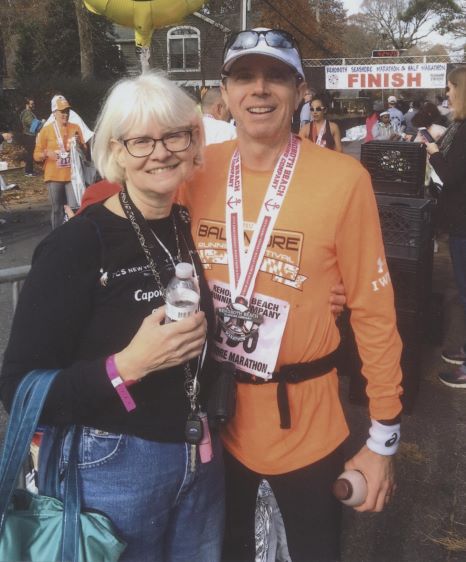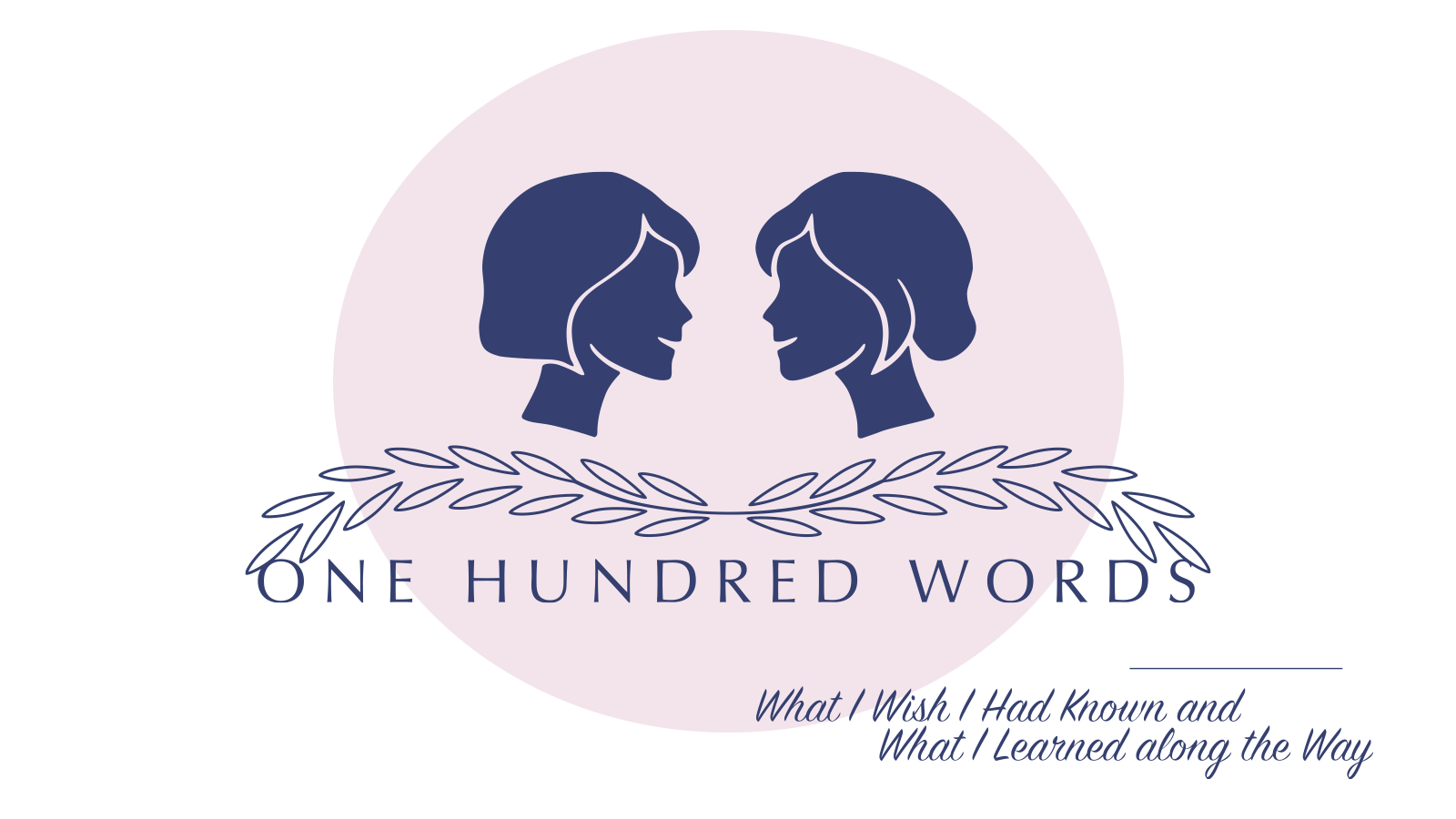Failing at something doesn’t make one a failure. It means you are learning.
Molly Siedel 2020 Olympic Bronze Medalist
September, October, and November are busy months for distance runners, including my husband. Not only does he run—while I wait at the finish line—but he also follows the stories of elite runners, which means I follow their stories.

If we can’t watch a race, we eagerly await its results. Sometimes, the results are disappointing and bring questions.
Why didn’t Galen Rupp finish the 2018 Boston Marathon?
Unfortunately, I wasn’t able to finish … due to having problems breathing and hypothermia … I am hopeful to race again.
Galen Rupp statement
Rupp won the 2018 Prague Marathon a month later.
Why didn’t Molly Seidel finish the 2022 Boston Marathon?
I gave it my all and it wasn’t good enough…. (mile) 16 it was clear there was no way I could keep running without really injuring myself … I can’t wait to eventually finish this dream.
Molly Seidel Instagram
Given the commitment and training that distance running requires, I admire runners who accept unforeseen events, and then, press on.

Overwhelmed? Injured? Dropping out to race another day?




